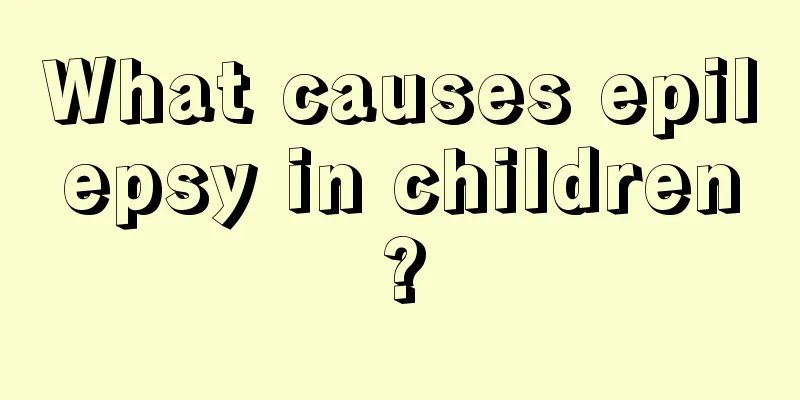How to carry out early intervention for special children?

|
Children's physical development is very important, but their mental health requires even more attention from parents, because in modern life, children's psychological problems are increasingly becoming an obstacle to their growth. Psychological problems can have a huge impact on children's lives. These children are special children and require special intervention. Let's take a look at how to conduct early intervention for special children. Early childhood intervention refers to the provision of a range of comprehensive services to children and their families during the critical early years of childhood to help and promote the healthy growth and development of children. Specifically: First, in terms of the timing of intervention, “the earlier the better”, which may be as early as “before pregnancy”. Intervention should be carried out to address some possible risks. Generally speaking, early intervention in a narrow sense refers to the integration of various services provided for special infants and young children during the period of 0 to 3 years old. In a broad sense, it can be from pregnancy to preschool period (some laws may stipulate until 8 years old). Second, the targets of early intervention, in addition to infants and young children with defects and disorders, also include infants and young children who may have developmental risks, including risk factors such as low birth weight (less than 2500g), dystocia, premature birth (gestational period less than 32 weeks), malnutrition, poverty, etc. At the same time, since families are the main caregivers of special infants and young children, the targets of early intervention should be centered around special infants and young children and their families. Third, the goal of intervention. The general goal of early intervention is to prevent defects or improve existing disabilities in order to promote the development of special children in physical, cognitive, language, social-emotional or self-care skills. Fourth, intervention content. Early intervention should combine medical care, education and social welfare to provide individualized development, education and treatment for special children and necessary support for their families. It is a combination of all continuous and systematic professional team services. Scaffolding in children's learning generally refers to the support provided by adults to young learners. Although Vygotsky never used the concept of scaffolding, his theory emphasized social interaction and the fact that adults provide corresponding support based on children's "zone of proximal development" to promote children's learning and development. |
<<: What should be checked when a child has a fever in the blood test?
>>: Is it harmful to have my child have their teeth straightened?
Recommend
What is the recipe for July baby
Nutritionists now advocate that children should b...
Can amblyopia in children be cured?
Amblyopia is a relatively common eye disease, and...
What are the precautions for cutting children's hair
Although superstition is bad, all parents hope th...
2 year old child cannot walk
When a child learns to walk, two years old is a g...
Why do children get millet-sized bumps on their bodies?
Small bumps often appear on people's skin. So...
Does the baby need to fast when checking liver function?
As we all know, during the growth stage of babies...
What are the symptoms of baby tics?
Generally speaking, tics are caused by involuntar...
What foods are good for peptic ulcer?
Nowadays, no matter you are a student or an offic...
What should I do if my child has white spots on his throat?
In today's society, most people, whether fath...
Developmental standards for eight and a half month old babies
Babies aged eight and a half months cannot speak ...
What are the preventive measures for chickenpox?
Varicella is a relatively common acute infectious...
Prevent myopia in children and pay attention to eye use
In recent years, the phenomenon of myopia among c...
What is the treatment for pediatric dermatitis?
Many parents will encounter the phenomenon of der...
What medicine should children take if they catch a cold and vomit?
If there are children at home, parents should alw...
What to do if your 2 and a half year old baby has tooth decay
Tooth decay is common in many adults. Tooth decay...









